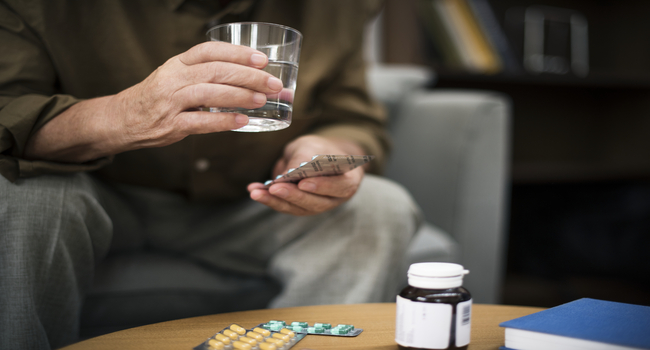
Psychiatric disorders affect millions of people globally, and current treatments are limited in their efficacy. However, a clinical trial suggests that psychobiotics may offer a novel approach to managing depression.
Psychobiotics are a new class of probiotics that act on the gut-brain axis, which is the connection between the gut and the brain. Bifidobacterium breve CCFM1025 is one such probiotic that has been shown to have an antidepressant-like effect in mice. In this study, researchers aimed to assess the potential of this probiotic strain in managing major depression disorder (MDD) in humans and to understand the underlying mechanisms.
Clinical trial
The study involved 45 patients diagnosed with MDD who were randomly assigned to either the placebo or probiotic groups. Patients in the probiotic group were given a dose of viable bacteria daily for four weeks, while those in the placebo group were given maltodextrin.
Changes in psychometric and gastrointestinal symptoms were evaluated using various scales, and serum measures were determined, including cortisol, TNF-α, and IL-β. The researchers also investigated serotonin turnover in the circulation, gut microbiome composition, and tryptophan metabolites to clarify the probiotic's mechanisms of action.
The results showed that the probiotic had a better antidepressant-like effect than the placebo, based on evaluations using the Hamilton Depression Rating scale-24 Items and the Montgomery-Asberg Depression Rating Scale. The researchers found that emotional and gastrointestinal problems may be affected by the serotonergic system, and the probiotic could significantly reduce serum serotonin turnover compared to the placebo.
